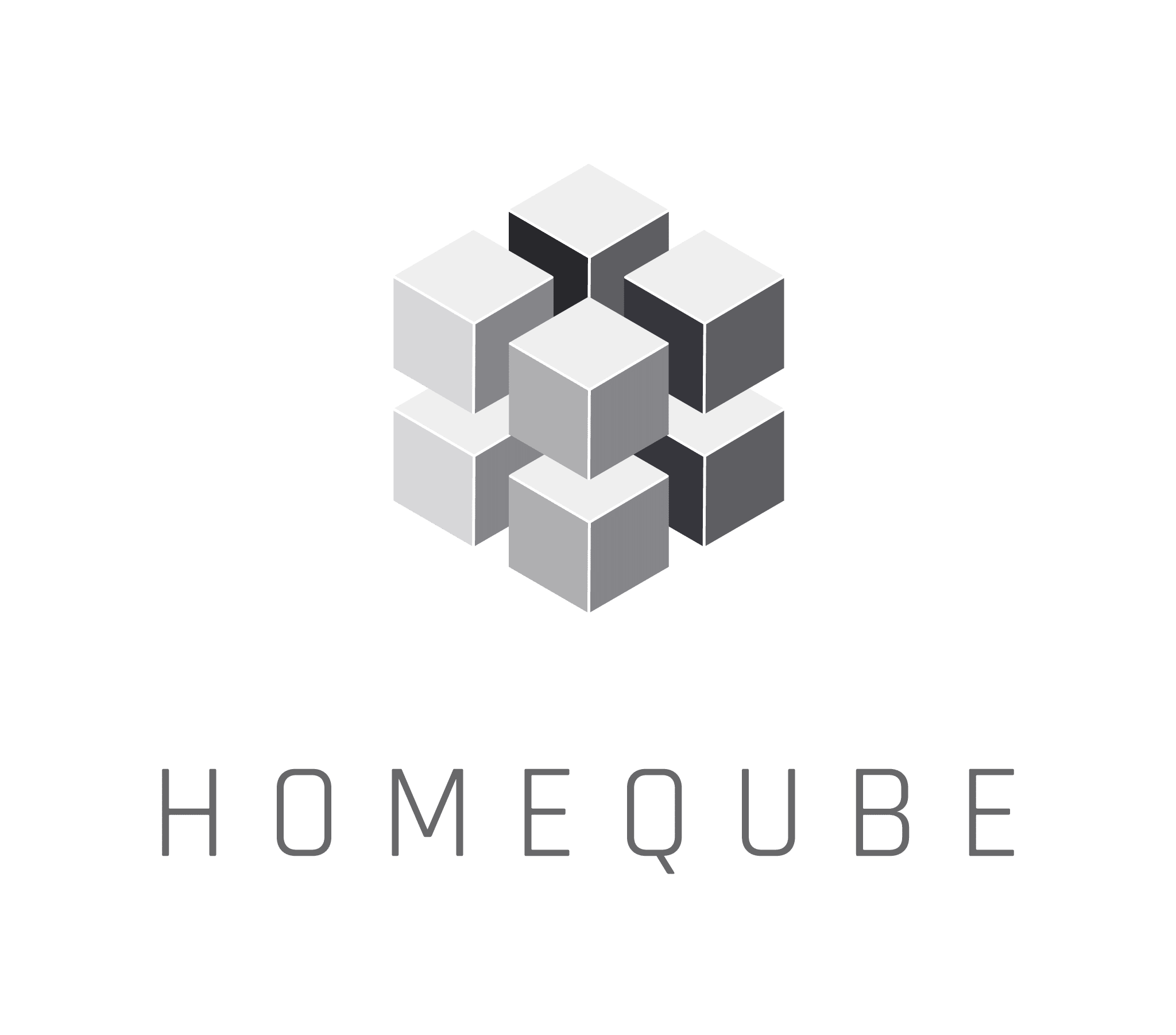
Singapore-based property technology firm Homeqube plans to build at least 1,000 housing units in its first year of operations in the Philippines, hoping to help bridge the 6.5-million housing gap in the country.
Homeqube founder and CEO Jose Paolo Calma told reporters on Tuesday that they planned to launch the company’s online home delivery service by November, allowing potential homeowners across the country to easily access more sustainable housing materials.
Article continues after this advertisementREAD: Acuzar: Housing initiative gaining steam
FEATURED STORIES BUSINESS Alsons Dev expands with Nurtura, offering quality homes for young families BUSINESS BIZ BUZZ: Global brainstorming club coming BUSINESS How a Bible verse transformed my approach to personal financeThe company currently sells housing materials and 45 home designs for at least P1 million, although it also allows customers to customize their home structure. Depending on the structural design, some orders may be worth up to P5 million, according to Calma, who made an initial investment of $1 million to launch Homeqube.
“Housing is expensive because of choices in materials: cement and steel,” Calma explained.
Article continues after this advertisementIn Homeqube’s case, it will use glass fiber reinforced polymer (GFRP), a lightweight but sturdy material that is said to withstand winds of up to 300 kilometers per hour, to build the main house structure.
Article continues after this advertisementThese are also rust-proof and can be used for around 50 years.
Article continues after this advertisementCalma noted that it would take around six months for materials to be delivered and built, compared with the global average of two years for those using steel and cement. Once the parts are delivered to customers, these will be assembled by Homeqube personnel.
“We’re hoping to get 1 percent of the market share [in the housing industry] in the Philippines,” Calma said, adding that their Pampanga production facility only had a capacity of 3,000 housing unit orders per year.
Article continues after this advertisementWhile the company hopes to capture the Philippine real estate market, Calma said they also planned to eventually expand to Indonesia and Brazil, which both have an average housing gap of 6.5 million to 7 million.
For now, the CEO noted that they would focus on helping address the housing gap in the Philippines.
In its 2023 Philippines Country Report, the United Nations Human Settlements Program found that the country’s current housing needs may reach 22 million by 2040 from 6.5 million currently.
Subscribe to our daily newsletter


